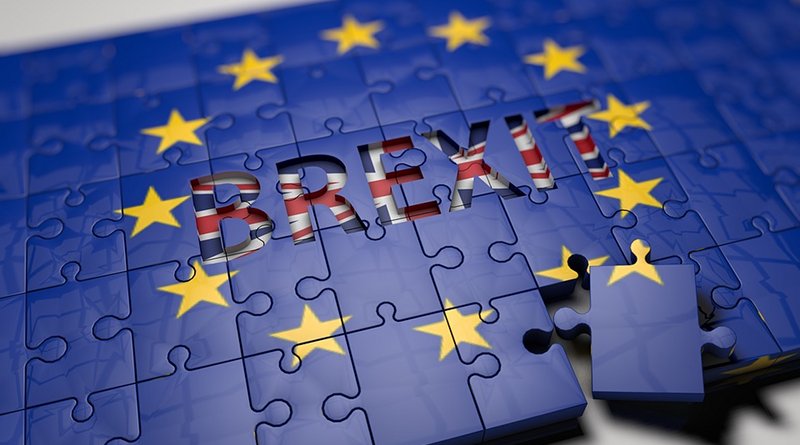Hopes Of Brexit Trade Deal Fade
By EurActiv
By Benjamin Fox
(EurActiv) — The prospects of an EU-UK trade deal being agreed imminently faded on Thursday (15 October) after EU leaders took an uncompromising approach on the progress of talks.
In their summit communique, EU leaders asked the EU’s chief negotiator, Michel Barnier, to “continue negotiations in the coming weeks”, a much weaker recommendation than a previous text which had called for an “intensification” of talks.
The communique also noted “with concern that progress on the key issues of interest to the union is still not sufficient for an agreement to be reached”.
“The adoption of the Conclusions does not mean that the discussion on Brexit has come to an end,” the text added.
UK Prime Minister Boris Johnson is expected to decide his next move on Friday. Although the UK is likely to be disappointed by the conclusions text agreed by leaders, Johnson’s chief negotiator on the talks, David Frost, is expected to advise that talks continue with a view to obtaining a deal by mid-November.
The summit had been viewed as a key milestone in the process, but it had become clear in recent weeks that an agreement, even on a limited tariff and quota free trade pact, would not be reached until early November.
UK officials have voiced increasing frustration at the unwillingness, in their mind, of Michel Barnier’s team to compromise and the slow nature of the progress.
But any chance that EU leaders might take a softer approach was quickly dispelled by French President Emmanuel Macron who insisted that “under no condition can our fishermen be sacrificed during Brexit”.
“We didn’t choose Brexit. It’s the British people’s choice. So protecting the access of our fishermen to British waters, finding a good compromise for our fishermen – and I’m talking about all European countries concerned including France – is an important point in this discussion, for us,” said Macron.
Fisheries remains the main dividing line, although there are signs that the EU is ready to move away from its long-standing position of demanding the continuation of the status quo under the Common Fisheries Policy.
The two sides have also moved closer to agreement on state aid and that the UK would maintain existing EU regulation on environmental and social policy.
An EU official told EURACTIV that leaders had offered “total support for Barnier and his negotiation approach” adding that “solidarity and unity prevail”.
The “EU27 are ready to negotiate and they have a clear preference for a deal but the EU will remain united on the level playing field, fisheries and governance,” said the EU official.
EU leaders are also keen for the European Commission to step up its preparation for a no deal scenario, under which EU-UK trade from January would be conducted according to World Trade Organisation terms.
Meanwhile, more encouraging signs came from Dutch Prime Minister Mark Rutte, who said that he was “cautiously optimistic” but that “movement from UK side is really necessary” for a deal.
“All the effort is worth it and we will of course support the negotiations,” said German Chancellor Angela Merkel.
The UK side has complained that the EU has not moved on rules of origin of products or on technical barriers to trade, and that the need to pick up the pace of negotiations has been hampered by the EU’s refusal to negotiate on legal texts.
David Frost, EU adviser to UK Prime Minister Boris Johnson and chief Brexit negotiator reacted the same evening, stating his disappointment about the EU summit outcome.
“[I am] surprised by the suggestion that to get an agreement all future moves must come from UK. It’s an unusual approach to conducting a negotiation,” Frost added.

